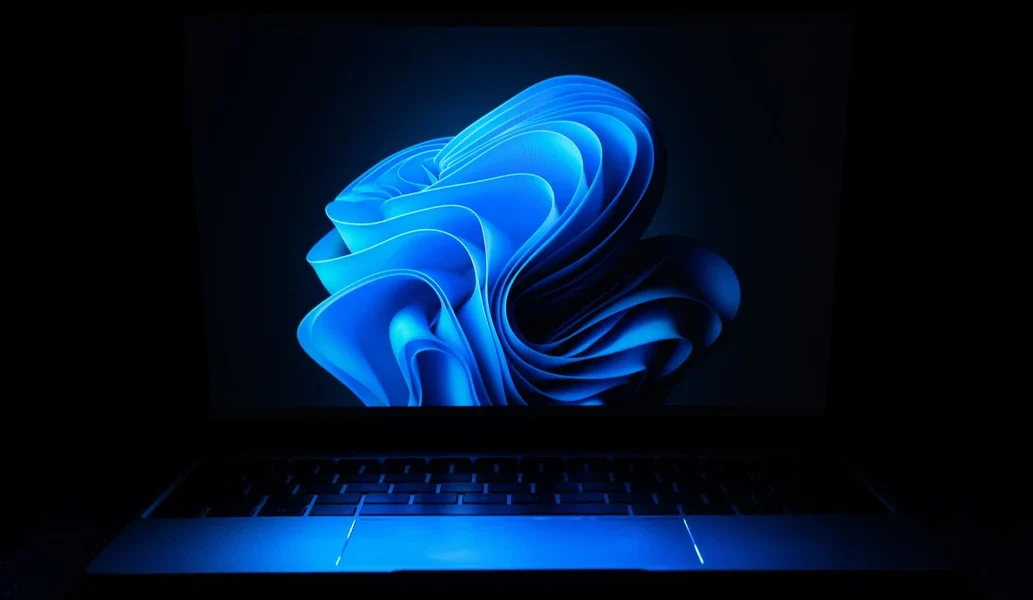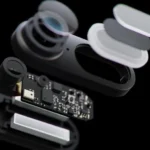Dell Demonstrates How Windows 11 Copilot Can Easily Navigate Settings
Microsoft’s new AI assistant, Copilot, is about to revolutionize the way users interact with their Windows operating system. Dell recently showcased Copilot’s potential, demonstrating how it can leverage NPUs to simplify everyday tasks for users.
The Power of Copilot
Gizmodo recently witnessed a demonstration from Dell showcasing Windows 11 Copilot helping find and change settings. The animated presentation indicates one way an AI assistant could facilitate interface navigation as PCs with Neural Processing Units (NPUs) begin to emerge.
Facilitating User Experience
In one example, a user asked microsoft‘s chatbot how to change the trackpad’s brightness. A brightness slider immediately appeared in the chat window, and manipulating it altered the brightness of the trackpad’s backlit icons.
A second video demonstrated how Copilot can change power settings when the user requested adjustments to make the PC run at its fastest. The chatbot then estimated the remaining battery power under the new settings.
Prior information about Windows 11’s upcoming generative AI integration included an example where a user could ask Copilot to retrieve a specific file they recently received from a specific person in a particular app, like WhatsApp, or for graphics driver details without digging through menus.
Seamless Integration and User Empowerment
Other context-sensitive queries could fundamentally change how users navigate Windows. Dell stated that Copilot could also perform specific actions automatically depending on the situation, like changing network security settings when logged into public WiFi, engaging battery-saving mode when unplugged, or shutting down programs that crash when Windows starts.
The AI will notify users when taking these steps and reverse them if asked. The new AI could bring attention to many useful but hidden features. The range of AI applications could extend far beyond what Dell showcased.
microsoft‘s Vision for Copilot
Microsoft previously suggested that NPUs could reduce reliance on cloud servers when running generative AI models, and the processors could facilitate AI application development. An early version of Copilot is available now as an app for Windows and Android.
However, reports indicate that an upcoming revision of Windows – which may or may not be called Windows 12 – will strengthen it using the AI chips in new processors like the Meteor Lake series or the Qualcomm Snapdragon X.
Integration with Next-Generation technology
The technology could arrive with next-generation Surface Laptops debuting sometime in 2024. The potential for Copilot’s integration with new processors and its enhanced capabilities opens up a world of possibilities for user empowerment and enhanced productivity.
Conclusion
Microsoft’s Copilot promises to significantly streamline user experiences, making it easier and more efficient to navigate settings and perform various tasks within the Windows operating system. Dell’s demonstration has shed light on the immense potential of AI-powered assistance, showcasing a glimpse of seamless and effortless interactions with technology. As the industry continues to evolve, the future of AI in everyday computing looks promising, and Copilot is poised to play a pivotal role in this transformation.
Source: techspot








No Comments